The Basics: Understanding the Meatballs
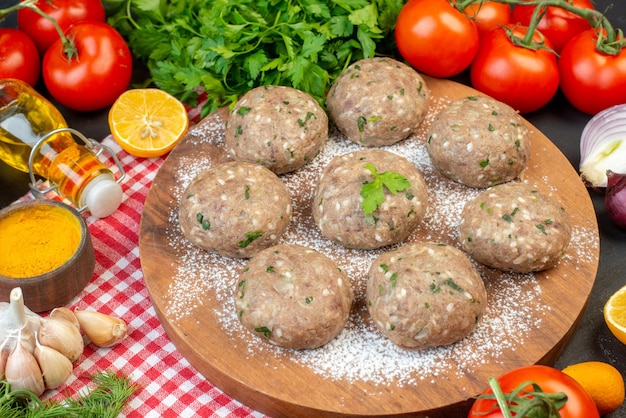
What Makes a Good Turkey Meatball?
Now, I've been making meatballs for years, and I've learned a few things along the way. A good turkey meatball is all about balance. It should be moist and tender, with a slightly crispy exterior. The flavour should be bold and well-seasoned, without being overpowering. That perfect balance comes from understanding the role of each ingredient.
Breaking Down the Ingredients:
Here's a closer look at the key ingredients and their impact on the final product: Ground Turkey: This is the foundation of our meatballs. It's crucial to use good quality, fresh ground turkey for the best flavour. Breadcrumbs: These act as a binder, holding everything together while creating a light and airy texture. Avoid overusing them as it can lead to dry meatballs. Eggs: Eggs add moisture and richness, as well as helping to bind the ingredients together. Seasonings: This is where you get to be creative! A good blend of herbs and spices adds depth and flavour to the meatballs. Don't be shy with the spices! Fat: Adding a tablespoon or two of olive oil or melted butter helps keep the meatballs moist and adds a lovely richness.
(Part 2)Cooking Methods: A Comprehensive Guide
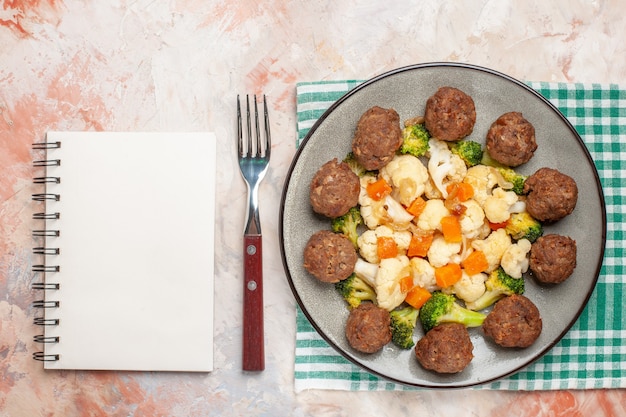
oven-baked turkey Meatballs: The Classic Approach
Oven-baked turkey meatballs are my go-to for a fuss-free, hands-off method. They cook evenly and develop a lovely golden-brown crust. This method is perfect for larger batches and offers a consistent outcome.
Preheat your oven to 375°F (190°C): This ensures that the meatballs cook through quickly and evenly. Grease a baking sheet: This prevents sticking and ensures even browning. Arrange the meatballs: Spread them out in a single layer on the baking sheet, leaving some space between each one. This allows for good air circulation and prevents them from steaming. Bake for 20-25 minutes: Turn them halfway through to ensure even cooking.Pan-Seared Turkey Meatballs: A Quick and Delicious Option
Pan-searing is great for a quick and tasty meal. The meatballs get a beautiful golden crust and a juicy interior. This method is best for smaller quantities and works well when you're looking for a quick dinner option.
Heat a large skillet over medium heat: Add a tablespoon or two of olive oil or butter. This creates a good cooking surface and prevents the meatballs from sticking. Sear the meatballs: Cook them in batches, ensuring they have enough space to brown. Crowding the pan can lead to steaming rather than browning. Cook for about 5-7 minutes per side: You want them to be nicely browned and cooked through.slow cooker Turkey Meatballs: The Ultimate comfort food
The slow cooker is a true lifesaver when you need a hearty, comforting meal. It's perfect for creating juicy, fall-apart meatballs. This method is ideal for long cooking times and works especially well for sauces.
Combine the meatballs and your sauce: Place them in the slow cooker. Cook on low for 4-6 hours: This allows the meatballs to cook slowly and absorb the flavour of the sauce. (Part 3)Turkey Meatball Cooking Time: The Definitive Guide

Turkey Meatball Size Matters
The size of your meatballs plays a crucial role in determining cooking time. Smaller meatballs cook faster than larger ones. Here's a breakdown of cooking times based on size: Small meatballs (1-inch): About 15-20 minutes in the oven or 5-7 minutes per side in a pan. Medium meatballs (1.5-2 inches): Around 20-25 minutes in the oven or 7-10 minutes per side in a pan. Large meatballs (2.5 inches or larger): 25-30 minutes in the oven or 10-15 minutes per side in a pan.
Don't Forget the internal temperature!
The best way to know for sure if your turkey meatballs are cooked through is to use a meat thermometer. Internal temperature: Make sure they reach an internal temperature of 165°F (74°C). Avoid overcooking: Overcooked turkey meatballs can become dry and tough.
Cooking Time for Different Methods: A Summary
Here's a quick overview of cooking times for different methods, considering the size of the meatballs:
| Method | Small Meatballs (1-inch) | Medium Meatballs (1.5-2 inches) | Large Meatballs (2.5 inches or larger) |
|---|---|---|---|
| Oven | 15-20 minutes | 20-25 minutes | 25-30 minutes |
| Pan-Seared | 5-7 minutes per side | 7-10 minutes per side | 10-15 minutes per side |
| Slow Cooker | 4-6 hours on low | 4-6 hours on low | 4-6 hours on low |
Tips and Tricks for Perfect Turkey Meatballs
Now, let's dive into some tips and tricks to make those meatballs truly unforgettable. These tips can help you elevate your meatball game to new heights.How to Keep Turkey Meatballs Moist
It's easy to end up with dry meatballs if you're not careful. Here are a few tricks to keep them moist and delicious: Don't overmix the meat: Overmixing can make the meatballs tough. Gentle mixing is key! Add a little fat: A tablespoon or two of olive oil or melted butter helps keep the meatballs moist and adds a lovely richness. Use breadcrumbs sparingly: Too much breadcrumbs can lead to dryness. Add a touch of moisture: A tablespoon or two of broth, milk, or yogurt can help keep the meatballs moist. Don't overcook them: Overcooking is the quickest way to dry out meatballs. Always check the internal temperature!
Creative flavor combinations
Let's unleash your inner culinary artist! Experiment with different flavours to make your turkey meatballs truly unique. Here are some ideas to inspire you: italian meatballs: A classic blend of oregano, basil, garlic, and parmesan cheese. greek meatballs: A fragrant mix of lemon zest, oregano, and feta cheese. asian-inspired meatballs: A blend of ginger, soy sauce, and sesame oil. Mexican meatballs: A vibrant mix of cumin, chili powder, and cilantro. Spicy meatballs: Add a touch of heat with red pepper flakes or your favourite hot sauce.
Serving Suggestions: From Simple to Spectacular
Now, let's talk about the best ways to showcase those delicious meatballs. Here are a few ideas that will impress your guests: pasta dishes: Toss them with your favourite pasta sauce and serve over spaghetti, penne, or rigatoni. Sandwiches: Pile them high on toasted bread with your favourite toppings like provolone cheese, lettuce, and tomato. Salads: Add them to salads for a hearty and flavourful twist. Skewers: Thread them with cherry tomatoes, peppers, and onions for a delightful appetizer. Soup: Drop them into a hearty soup for a flavourful boost.
(Part 5)Turkey Meatballs: A culinary adventure
You see, making turkey meatballs is an adventure. Each batch is an opportunity to experiment with flavours, textures, and cooking methods.My Personal Meatball Story
One of my most memorable meatball moments was a time I made a batch with a blend of Italian herbs and a touch of spicy red pepper flakes. The aroma was intoxicating, and the flavour was simply divine. I served them over a bed of spaghetti with a homemade marinara sauce, and it was a true feast!
Don't Be Afraid to Experiment!
So, go on, let your imagination run wild! Add some finely chopped vegetables, a dash of your favourite hot sauce, or even some crumbled bacon. There's no right or wrong way to make turkey meatballs, just a whole lot of fun to be had!
(Part 6)Freezing Turkey Meatballs: A Time-Saving Tip
Let's face it, sometimes life gets busy, and we need to prepare meals ahead of time. Freezing turkey meatballs is a lifesaver! Freeze them uncooked: Place them in a single layer on a baking sheet lined with parchment paper, and freeze for 1-2 hours. This prevents them from sticking together. Transfer to freezer bags: Once frozen, transfer them to freezer bags for long-term storage. Cook from frozen: Simply add them to a skillet, oven, or slow cooker without thawing. The cooking time will be slightly longer, so adjust accordingly.
thawing turkey Meatballs: The Right Way
When you're ready to cook frozen turkey meatballs, you can thaw them in the refrigerator overnight or thaw them quickly by placing them in a bowl of cold water for 30 minutes. Always ensure the meatballs are completely thawed before cooking.
(Part 7)FAQs: Your Turkey Meatball Questions Answered
Now, let's tackle those burning turkey meatball questions you may have.Q1: Can I use ground chicken instead of ground turkey?
Absolutely! Ground chicken is a great substitute for ground turkey. Just keep in mind that chicken meatballs may be slightly more delicate than turkey meatballs.
Q2: What are some good sauces for turkey meatballs?
The possibilities are endless! You can use a classic marinara sauce, a creamy alfredo sauce, a tangy bbq sauce, or even a sweet and sour sauce.
Q3: What happens if I overcook turkey meatballs?
Overcooked turkey meatballs can become dry and tough. They can also lose their flavour and become crumbly. It's best to err on the side of undercooked, as you can always cook them a little longer if needed.
Q4: Can I add vegetables to turkey meatballs?
Yes, definitely! Finely chopped vegetables like onions, garlic, carrots, or zucchini can add flavour and texture to your meatballs. Just make sure they are finely chopped so they cook evenly.
Q5: How long can I store cooked turkey meatballs in the refrigerator?
Cooked turkey meatballs can be stored in the refrigerator for 3-4 days. Keep them in an airtight container to prevent them from drying out.
(Part 8)The Takeaway: A Love for Turkey Meatballs
Right, there you have it, a comprehensive guide to all things turkey meatballs. From cooking times to flavour combinations, we've covered it all. Remember, the key to success is understanding your ingredients, choosing the right cooking method, and not being afraid to experiment.So, unleash your inner culinary genius, get creative in the kitchen, and enjoy the deliciousness that is turkey meatballs!
Everyone is watching
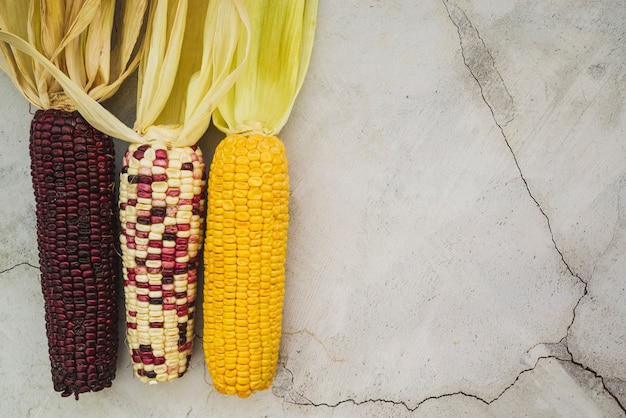
Corn on the Cob: The Ultimate Guide to Perfectly Cooked Ears
Healthy MealsAh, corn on the cob. Just the name evokes images of sunny days, barbecues, and that sweet, juicy flavour that ...
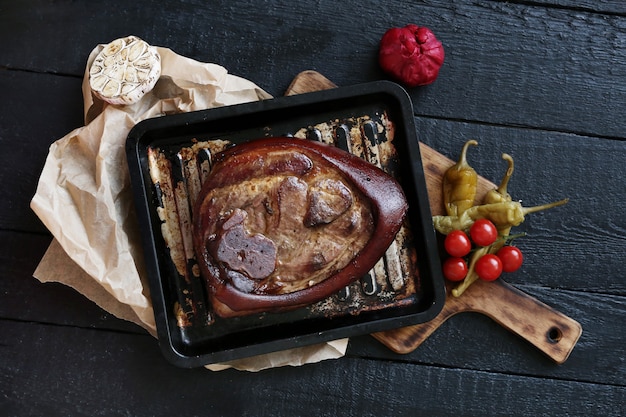
Perfect Pork Roast Oven Cooking Time: A Guide to Delicious Results
Healthy MealsThere's something truly satisfying about a perfectly roasted pork. The aroma alone is enough to make your mout...
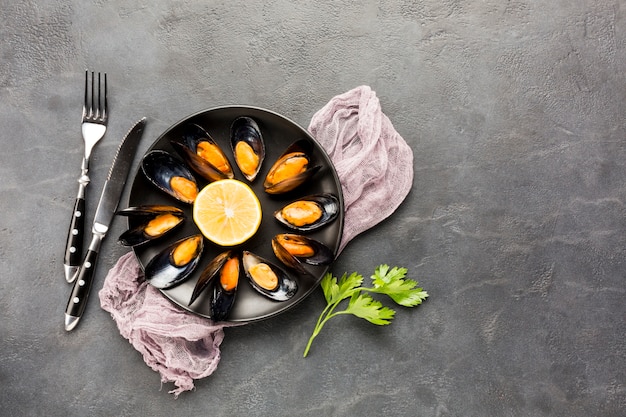
Scallops: The Ultimate Guide to Perfect Cooking
Healthy MealsAh, scallops. Those delicate, sweet, and utterly delicious morsels of the sea. They hold a special place in my...
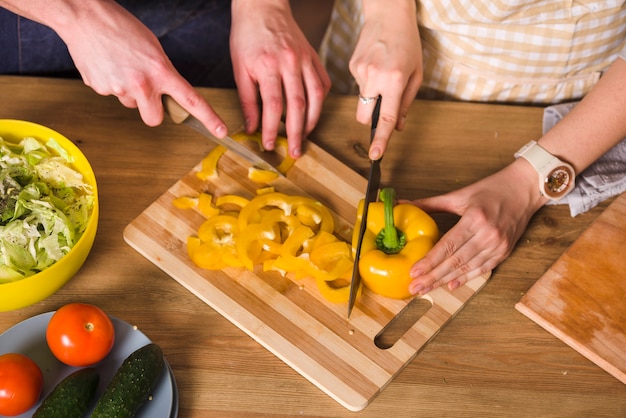
Spaghetti Squash: The Ultimate Guide to Cooking and Serving
Healthy MealsRemember that time you saw spaghetti squash at the supermarket, looking all bumpy and strange, and thought, "W...

Ham Cooking Time: How Long to Bake, Smoke, or Boil a Delicious Ham
Healthy MealsAh, ham. It's a classic, isn't it? A real crowd-pleaser, especially around holidays. And when done right, it'...
